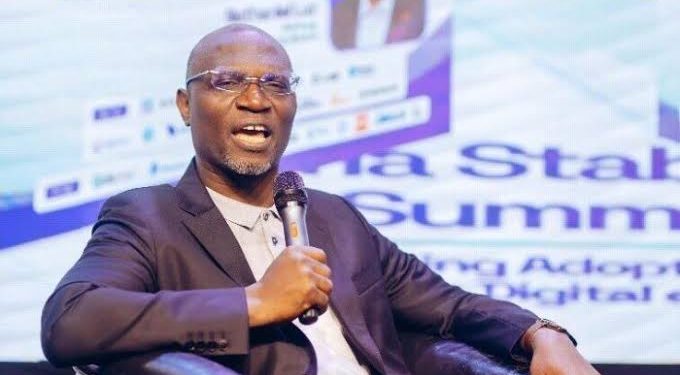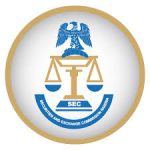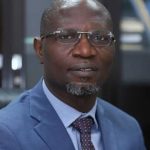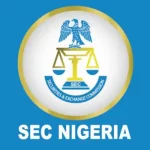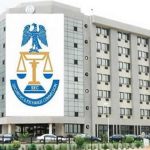The Securities and Exchange Commission (SEC) has announced plans to adopt global sustainability disclosure standards developed by the International Organisation of Securities Commissions (IOSCO), in a move aimed at enhancing transparency and investor confidence in Nigeria’s capital market.
The Director-General of the SEC, Emomotimi Agama, disclosed this during an investors’ roundtable on the International Sustainability Standards Board (ISSB) held over the weekend. He explained that Nigeria, having contributed to the global task force that designed the standards, would pursue a phased adoption strategy tailored to the local business environment.
According to him, the phased approach will focus first on capacity building, with regulators working closely with issuers, auditors, and preparers to ensure they understand and are prepared for the new requirements. Implementation is expected to begin with larger, listed companies before extending to other market participants. A robust assurance framework will also be developed to verify sustainability disclosures and safeguard investor trust.
Agama noted that adopting the ISSB standards would position Nigeria’s capital market for greater global alignment, making it more attractive to international investors. “The case for adoption is clear: for global comparability, for investor trust, for managing systemic risk, and for reducing complexity. This is no longer a question of if, but of how and when,” he said.
He reaffirmed the SEC’s commitment to engaging with local stakeholders as well as IOSCO’s global network to ensure the standards are effectively implemented.
Analysts say the adoption of global sustainability disclosure standards could prove timely for Nigeria, where investors are increasingly demanding transparency on environmental, social, and governance (ESG) issues. With global capital flows shifting toward responsible and sustainable investments, compliance with ISSB guidelines may help Nigerian companies attract funding while reducing reputational and regulatory risks.
Market operators have also welcomed the move, though they caution that success will depend on how well the SEC addresses challenges such as limited technical expertise, high compliance costs for smaller firms, and the need for widespread investor education.
If effectively executed, the new framework could place Nigeria among the leading African markets aligning with global sustainability disclosure practices, strengthening its competitive edge in attracting both domestic and foreign investment.


